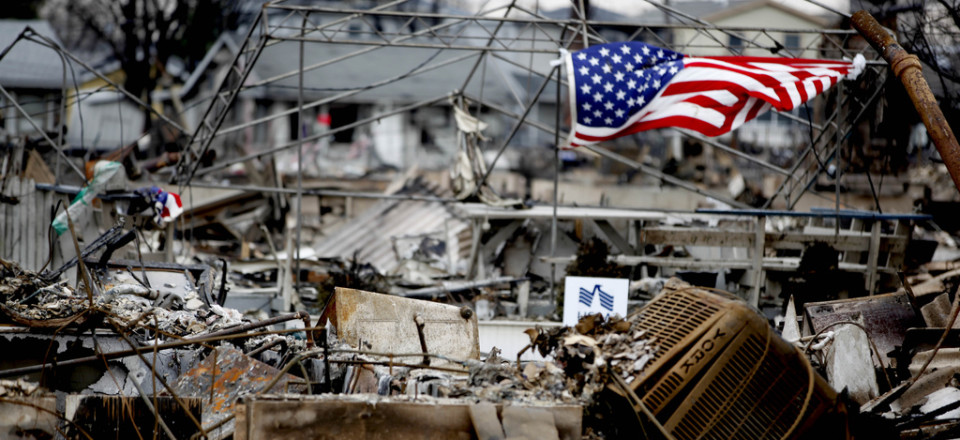“An emerging approach to public health emergency preparedness and response, community resilience encompasses individual preparedness as well as establishing a supportive social context in communities to withstand and recover from disasters. We examine why building community resilience has become a key component of national policy across multiple federal agencies and discuss the core principles embodied in community resilience theory — specifically, the focus on incorporating equity and social justice considerations in preparedness planning and response. We also examine the challenges of integrating community resilience with traditional public health practices and the importance of developing metrics for evaluation and strategic planning purposes. Using the example of the Los Angeles County Community Disaster Resilience Project, we discuss our experience and perspective from a large urban county to better understand how to implement a community resilience framework in public health practice.”
This scholarly article is included in our list of TEN NOTABLE RESOURCES FOR CROSS-SECTOR COLLABORATION IN RESILIENCE.






